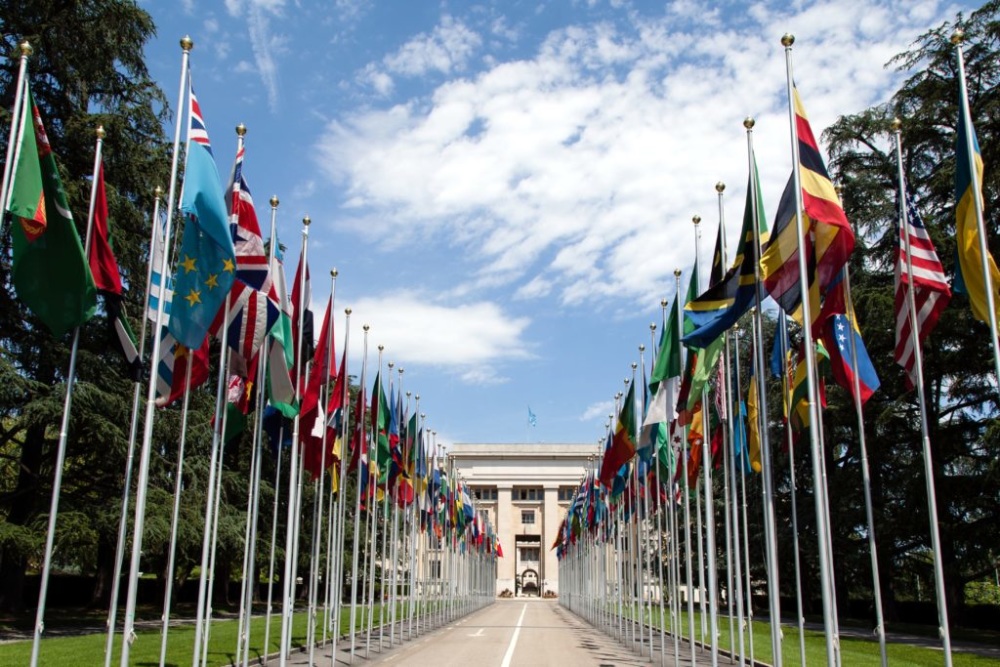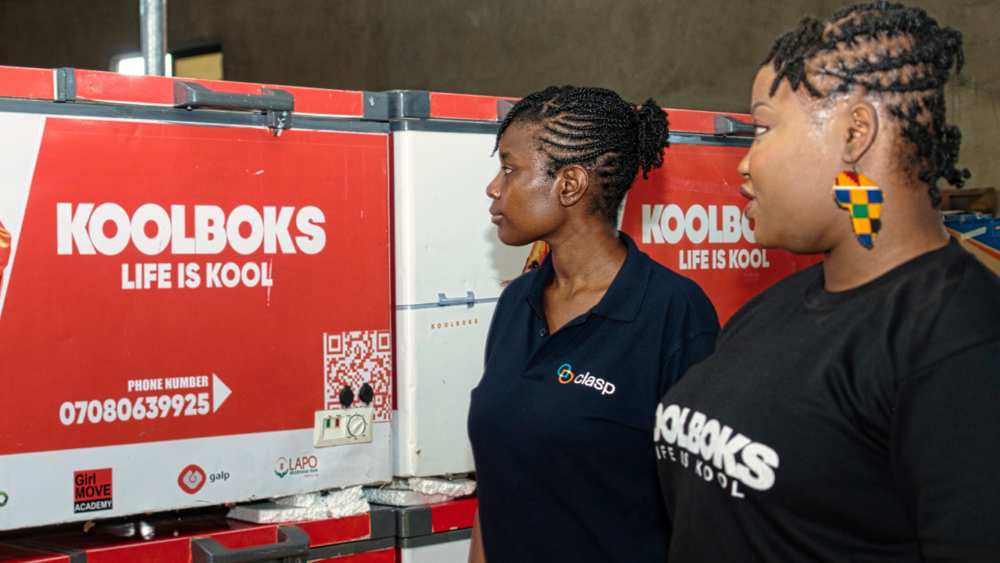Vermont Becomes First US State to Ban Common Fluorescent Tubes
The Vermont Senate followed in the footsteps of House of Representatives in adopting legislation to ban sales of 4-foot linear fluorescent light bulbs starting January 1, 2024.
Read the full press release here.
Today, the Vermont Senate adopted legislation to ban the sale of 4-foot linear fluorescent light (LFL) bulbs in 2024. Climate, environmental, and health advocates applaud the vote, noting the widespread availability of more energy-efficient, mercury-free LED alternatives.
“Vermonters no longer need to tolerate fluorescent lighting, which contains mercury, a potent neurotoxin,” said Michael Bender, Director of the Mercury Policy Project. “By passing this legislation, Vermont is making a clear statement that it will not accept outdated and toxic technologies when safer, more efficient bulbs are widely available.”
Four-foot LFL bulbs are the most common type of fluorescent bulb, covering about 90% of fluorescent installations including lighting in most offices, schools, and other indoor spaces.
According to a recent report, fluorescents release mercury whenever they are broken, posing a threat to the environment and vulnerable groups like pregnant women, infants and others with chemical sensitivities.
“Who wants to put toxic mercury lighting in their homes, day care centers, schools, offices, hospitals, or shops when they don’t have to?” said Paul Burns, Executive Director of Vermont Public Interest Research Group. “LED alternatives are available, cost-effective, are mercury free and offer better quality light than fluorescents.”
Experts say that in the majority of cases, efficient LED retrofit solutions are widely available and can save Vermont residents and businesses money by cutting electricity costs in half.
A new study from the Appliance Standards Awareness Project (ASAP) found a typical school could see $24,000 in lifetime savings from transitioning to LEDs. Further, by 2040 Vermont could see savings of $167 million in reduced utility bills thanks to just over 1,000 gigawatt hours of saved electricity due to transitioning to LED four-foot tubes.
“Based on our analysis of drop-in retrofit LED bulb prices in Vermont, we concluded that an LED bulb can pay for itself 5 times over in electricity bill savings over its lifespan,” said Brian Fadie of ASAP. “Clearly LED is the lowest cost option today.”
In response to a consumer advocate petition last fall and a subsequent review, the Vermont Agency of Natural Resources issued a determination in February that will end the sale of screw-based mercury-containing compact fluorescent lamps (CFLs). This restriction will begin on February 17, 2023, to allow Vermont retailers and distributors sufficient time to sell any existing inventories.
“We applaud the leadership of Vermont’s legislators in setting phase-out dates for the most common fluorescent lighting technologies in state”, said Ana Maria Carreño, Director at CLASP. “There is no place for mercury in lighting today, especially when LED alternatives offer better performance, coupled with climate and environmental benefits”.
Governments around the world are increasingly recognizing LEDs as the foremost lighting technology on the market today. On December 16, the European Union banned the sale of almost all mercury-containing fluorescent lamps by September 2023, and in March, 137 governments voted to phase out CFLs by 2025 through the Minamata Convention on Mercury.
# # #
For more information:
Vermont ANR determination: https://dec.vermont.gov/content/10-vsa-%C2%A77152a6-sale-mercury-containing-lamps-final-determination-notice
European Commission ban on fluorescent lamps: https://www.eceee.org/all-news/news/eu-commission-adopts-regulation-to-ban-fluorescent-lighting-by-september-2023/
About the Mercury Policy Project: Founded in 1998, the Mercury Policy Project promotes policies to eliminate mercury use and reduce mercury exposure. To learn more, visit www.mercurypolicy.org
About the Appliance Standards Awareness Project (ASAP): ASAP organizes and leads a broad-based coalition effort that works to advance, win and defend new appliance, equipment and lighting standards which deliver large energy and water savings, monetary savings and environmental benefits. To learn more, visit https://appliance-standards.org
About the Responsible Purchasing Network: RPN is an international network of buyers dedicated to socially responsible and environmentally sustainable purchasing. To learn more, visit http://www.responsiblepurchasing.org/
About VPIRG: The Vermont Public Interest Research Group is Vermont’s largest consumer and environmental advocacy organization with more than 40,000 members and supporters across the state. To learn more, visit www.vpirg.org
For more information about the transition away from mercury-based lighting, visit https://cleanlightingcoalition.org/benefits/









